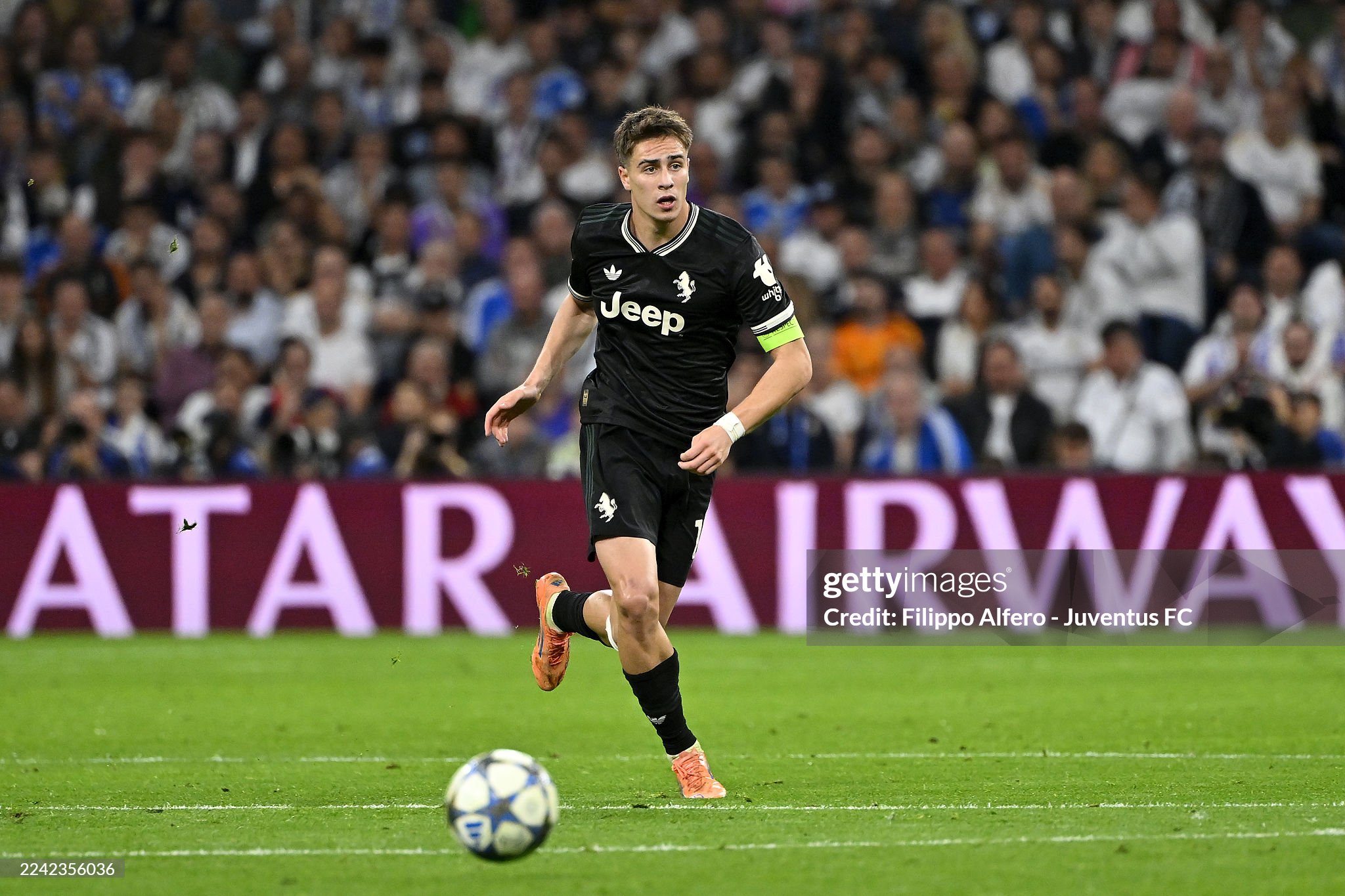Micky van de Ven is being praised in England after scoring twice for Tottenham Hotspur against Everton. The Dutch international follows in the footsteps of Jan Vertonghen as Spurs' top-scoring defender.
 Embed from Getty Images
Embed from Getty Images
Tottenham Hotspur left Goodison Park with a commanding win and a clear headline. Micky van de Ven, usually the anchor at the heart of the back line, decided the contest with two clinical headed finishes, turning a difficult away assignment into a statement result. The match finished Everton 0-3 Tottenham Hotspur, played yesterday at 17:30.
Across England the reaction has been immediate. National outlets praised the Dutch defender as the embodiment of Thomas Frank’s new-look Tottenham, a team that attacks with aggression, commits numbers on set plays, and expects every player to contribute in the final third. Commentators placed Van de Ven in a striking context. Tottenham’s scoring pantheon is filled with celebrated forwards such as Harry Kane, Jimmy Greaves, Gary Lineker, Gareth Bale, Chris Waddle, Glenn Hoddle, Jürgen Klinsmann, and Paul Gascoigne. The new twist is that a Dutch central defender is carrying the finishing burden in key moments.
Van de Ven has now reached five goals this season. That tally makes him Tottenham’s most prolific scorer so far, an unusual distinction for a defender and a reflection of how effectively Spurs are extracting value from set pieces. It also carried history. He became the first Spurs defender in twelve years to score twice in a single league match. Jan Vertonghen last achieved this in 2013, and the parallel is hard to ignore. Both players combine calm distribution with aerial presence and a knack for arriving at the right moment in the box. For Van de Ven, this surge is an extension of form that already included league goals against West Ham United and European strikes in the UEFA Super Cup against Paris Saint-Germain and in the Champions League against Bodø/Glimt.
Thomas Frank’s post-match assessment matched the eye test. He noted that Van de Ven’s development is accelerating, that leadership qualities are becoming more visible, and that the defender’s game is expanding beyond raw speed. Positioning is sharper, decisions are cleaner, and the penalty-area instincts that separate good set-piece threats from true match-winners are now evident. At the start of the campaign, the message from the staff was simple. Goals with the feet are welcome, yet a defender can change matches by attacking the ball in the air. Van de Ven has taken that message and turned it into a habit.
The training ground story matters here. Tottenham devote significant time to restarts. Players sometimes find those drills repetitive, but the dividends are obvious. Against Everton the near-post decoy runs created space at the far post. The blockers engaged the strict man-markers. The delivery targeted Van de Ven’s preferred lane. None of it happens by accident. When patterns repeat under pressure, they look effortless. They are not. They are built on hours of choreography and trust.
Defensively, Van de Ven remained the same composed presence that has impressed since his arrival in English football. He won his duels, anticipated Everton’s direct balls, and managed recovery runs with the pace that has become a trademark. Spurs kept a clean sheet, which added weight to his personal performance. Scoring twice is exceptional. Doing it without sacrificing defensive control is the standard that elite centre-backs set for themselves. He met that standard.
Leadership is another thread that now runs through his season. Frank has already handed him the armband on several occasions. The reasoning is clear. Van de Ven communicates well, organizes the back line, and sets a tone of focus. When the second goal went in at Goodison Park, it was Van de Ven who gathered teammates, calmed the celebrations, and reset the group for the next phase. Those small moments matter across a long season.
From Everton’s perspective, this was a lesson in concentration during restarts. The hosts defended in numbers yet failed to track the primary threat. They competed well between the boxes, but every lapse in set-piece detail carried a heavy cost. Tottenham punished those lapses with ruthless efficiency.
For Tottenham, the implications extend beyond one night. A reliable set-piece threat spreads the scoring load and reduces the dependency on traditional forwards. Opponents now have to choose. Either commit extra resources to mark Van de Ven and concede space elsewhere, or accept the risk of giving him a runway to attack. Both options favor Spurs. It also changes late-game dynamics. When corners and wide free kicks arrive, Tottenham carry a genuine expectation of conversion.
Van de Ven summed it up with a grin. He hoped for three points and a clean sheet, and then added two goals of his own. Crazy, as he put it. Spurs train set pieces relentlessly and, while the repetition can be dull, the payoff at Goodison Park was emphatic.
Updated: 11:47, 27 Oct 2025







